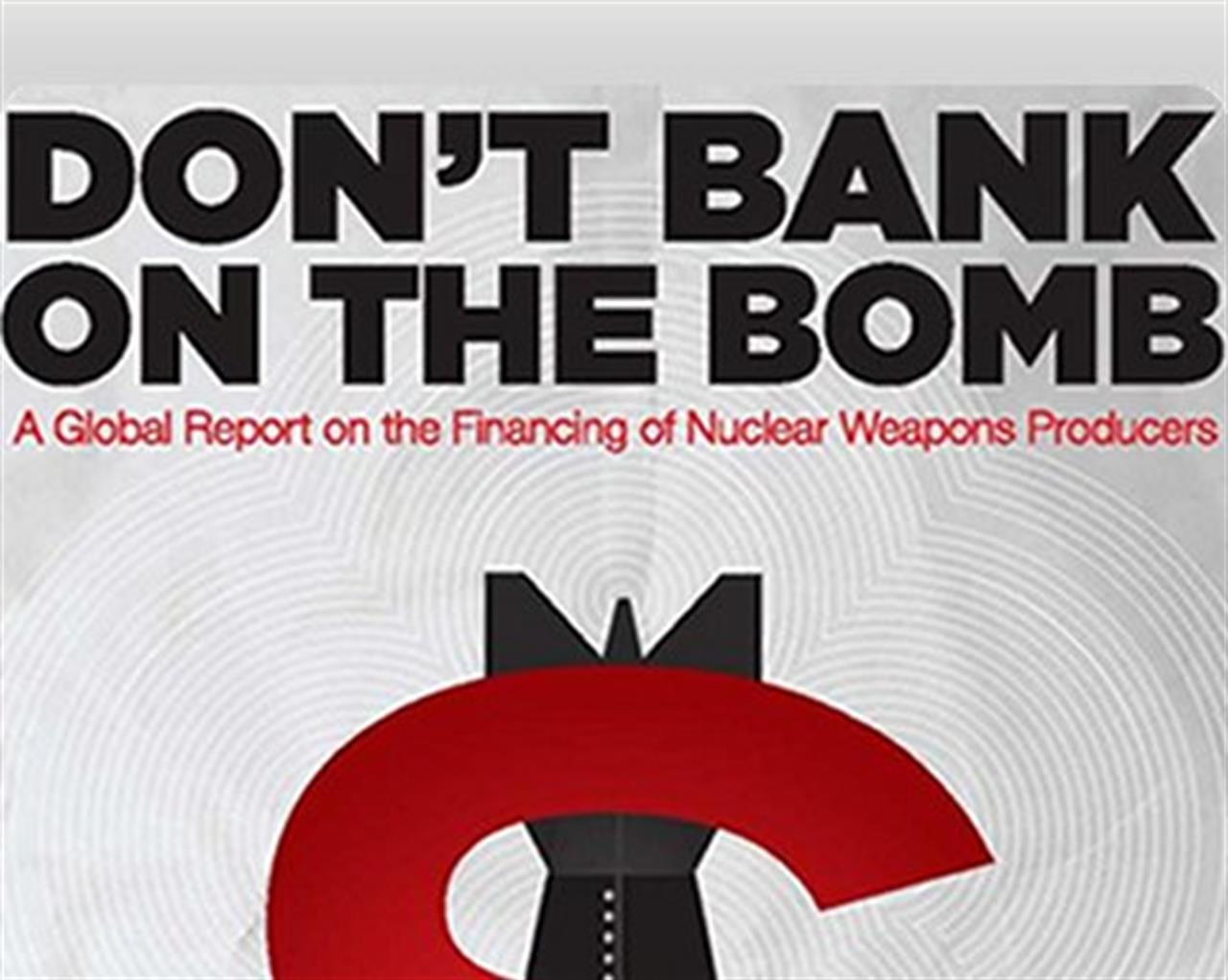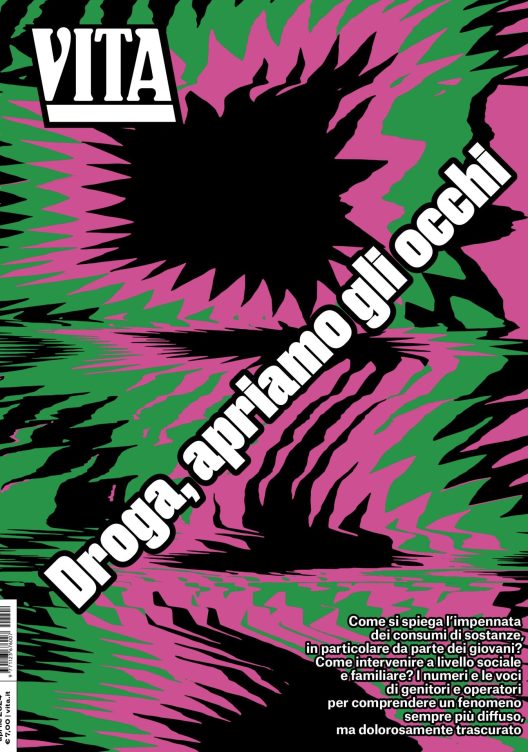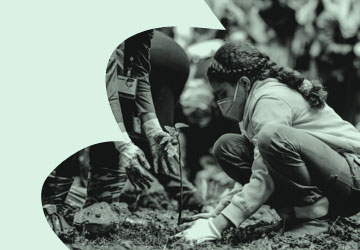Report: Don’t bank on the bomb
A new report by ICAN identifies the banks that are funding the nuclear arms race
di Staff

A groundbreaking report released today by the International Campaign to Abolish Nuclear Weapons (ICAN) identifies more than 300 banks, pension funds, insurance companies and asset managers in 30 countries with substantial investments in nuclear arms producers.
The 180-page study, Don’t Bank on the Bomb, is based on financial research by Profundo. It provides details of financial transactions with 20 companies that are heavily involved in the manufacture, maintenance and modernization of US, British, French and Indian nuclear forces.
ICAN argues that by lending money to nuclear weapons companies and buying their shares banks and other financial institutions are indirectly facilitating the modernization of nuclear forces and that the only way to effectively counteract their actions to divest in such companies.
Nobel Peace Prize winner Desmond Tutu has called on financial institutions to “do the right thing and assist, rather than impede, efforts to eliminate the threat of radioactive incineration”, noting that divestment was a vital part of the successful campaign to end apartheid in South Africa. “Today, the same tactic can – and must – be employed to challenge man’s most evil creation: the nuclear bomb. No one should be profiting from this terrible industry of death, which threatens us all,” he wrote.
Who’s Involved?
Nuclear-armed nations spend in excess of US$100 billion each year maintaining and modernizing their nuclear forces, with much of this work being carried out by corporations such as BAE Systems in the United Kingdom, Lockheed Martin in the United States, Thales in France and Larsen & Toubro in India.
Financial institutions invest in these companies by providing loans and purchasing shares and bonds. Of the 322 financial institutions identified in the report, roughly half are based in the United States and a third in Europe. Asian, Australian and Middle Eastern institutions are also listed.
Those most heavily involved in financing nuclear arms makers include Bank of America and JP Morgan Chase in the United States; BNP Paribas in France; Deutsche Bank in Germany; Mistubishi UJF Financial in Japan; Banco Santander in Spain; Credit Suisse and UBS in Switzerland; and Barclays, HSBC, Lloyds and Royal Bank of Scotland in Britain.
The Case for Divestment
The report emphasizes the humanitarian, legal and environmental arguments for divestment. Setsuko Thurlow, a survivor of the US atomic bombing of Hiroshima in 1945, writes in the report: “Anyone with a bank account or pension fund has the power to choose to invest his or her money ethically – in a way that does not contribute to this earth-endangering enterprise.”
In addition to stating the ethical case for divestment, the report also warns of the reputational risks associated with financing nuclear arms, and highlights the positive role that financial institutions could play in the quest for nuclear-weapon-free world.

